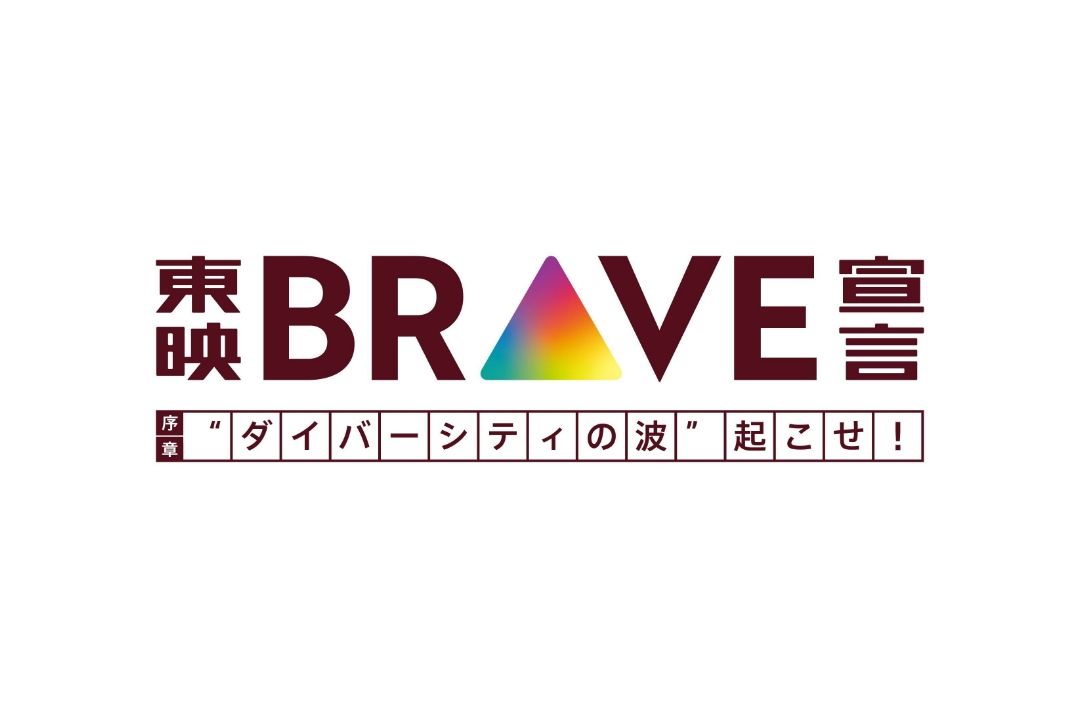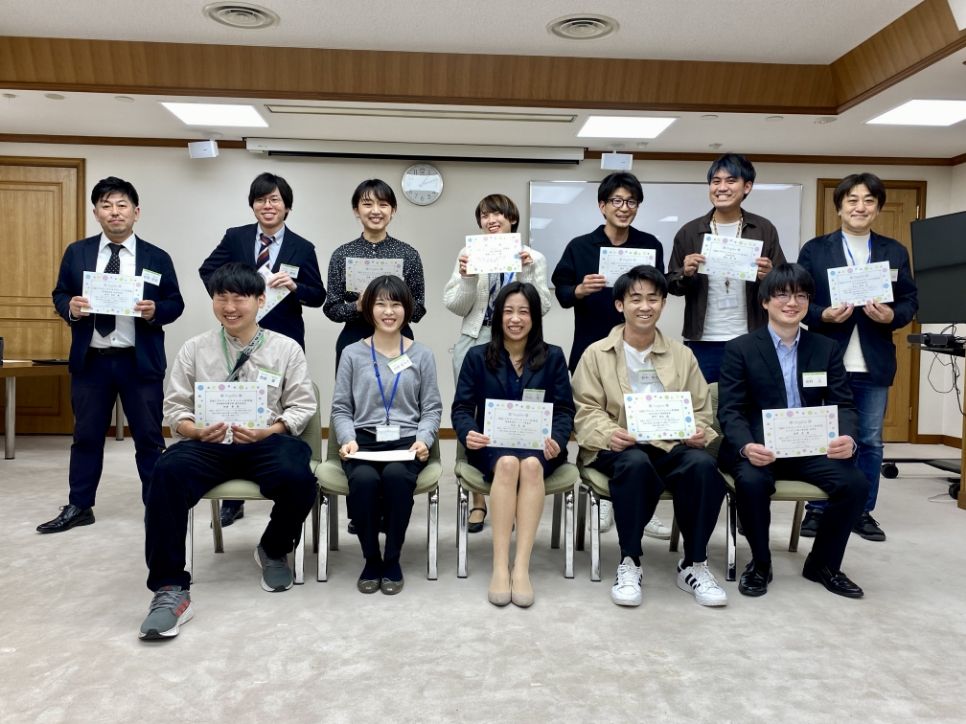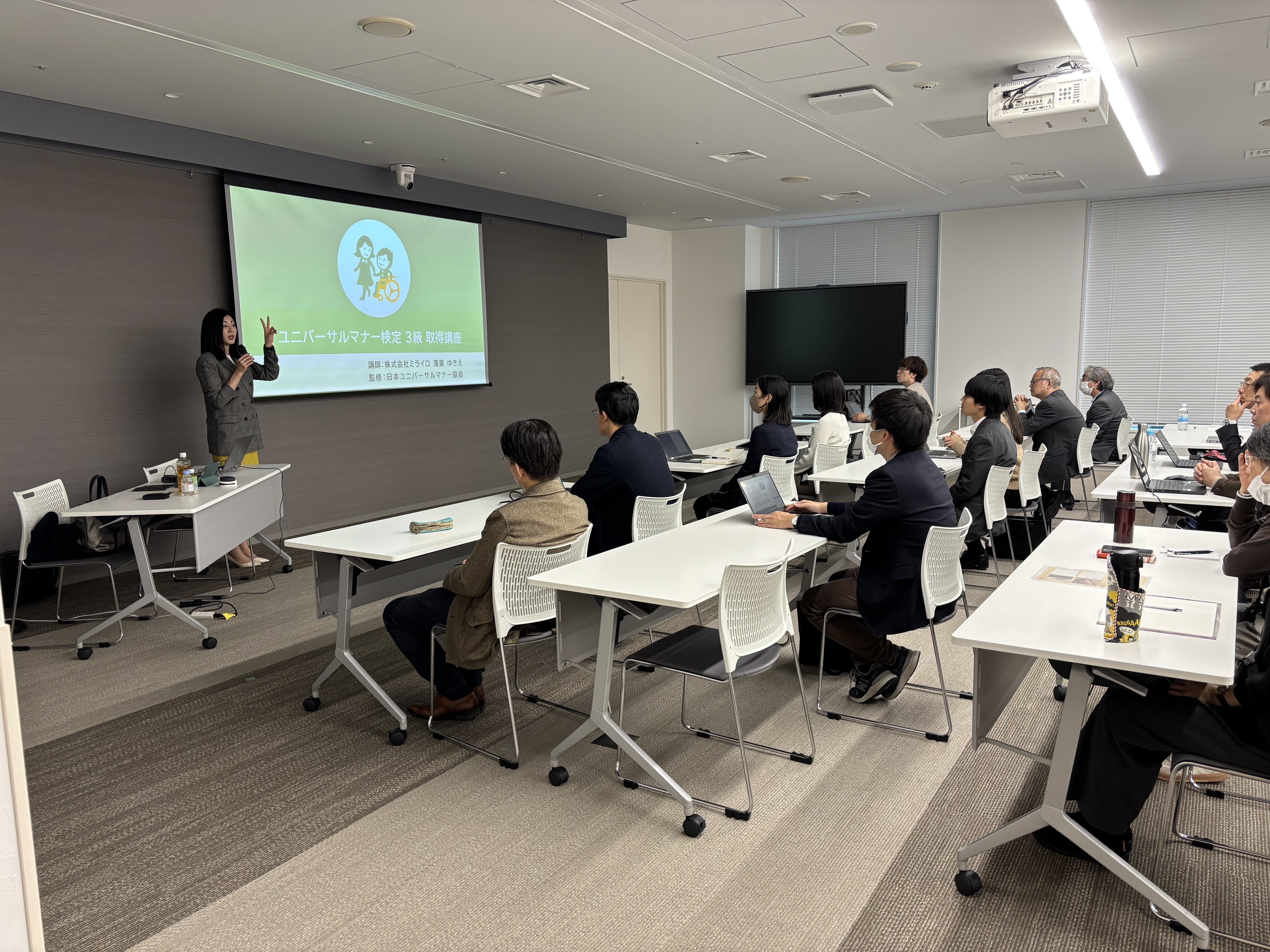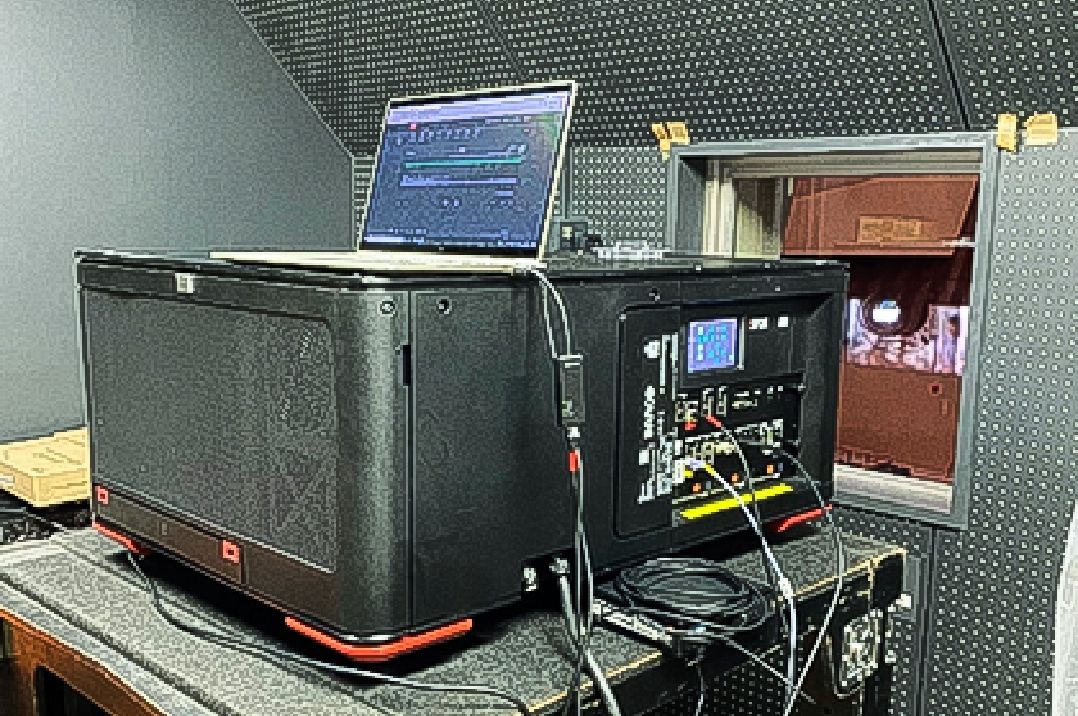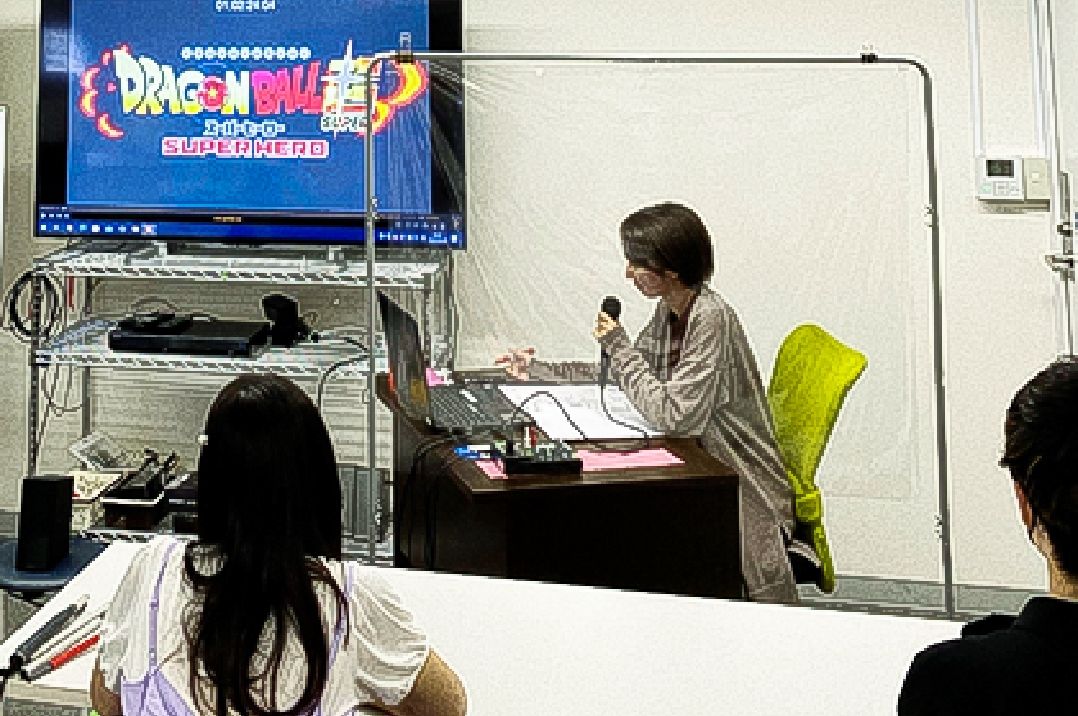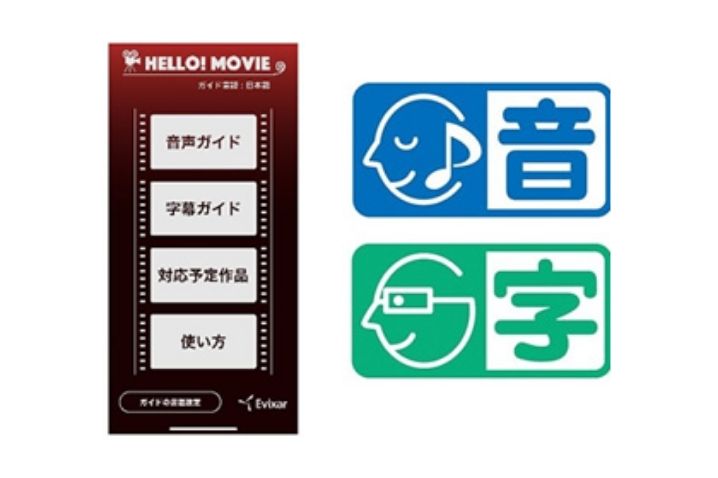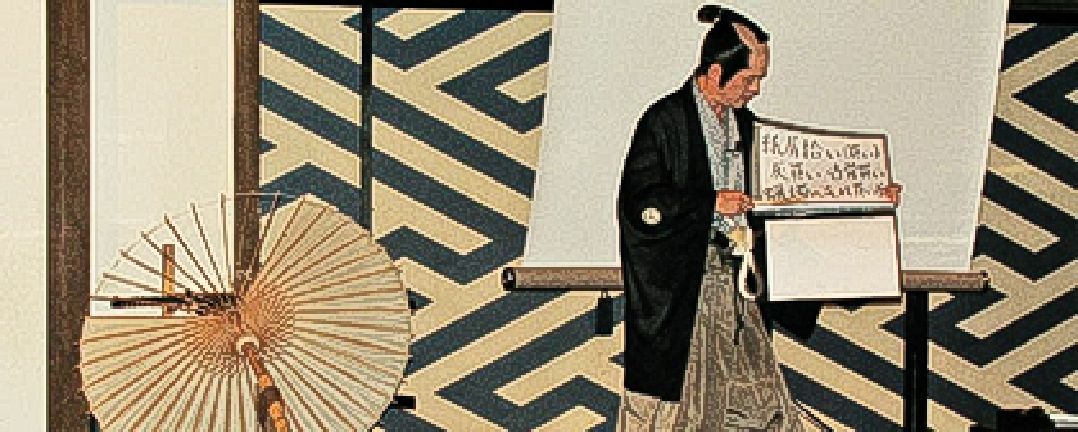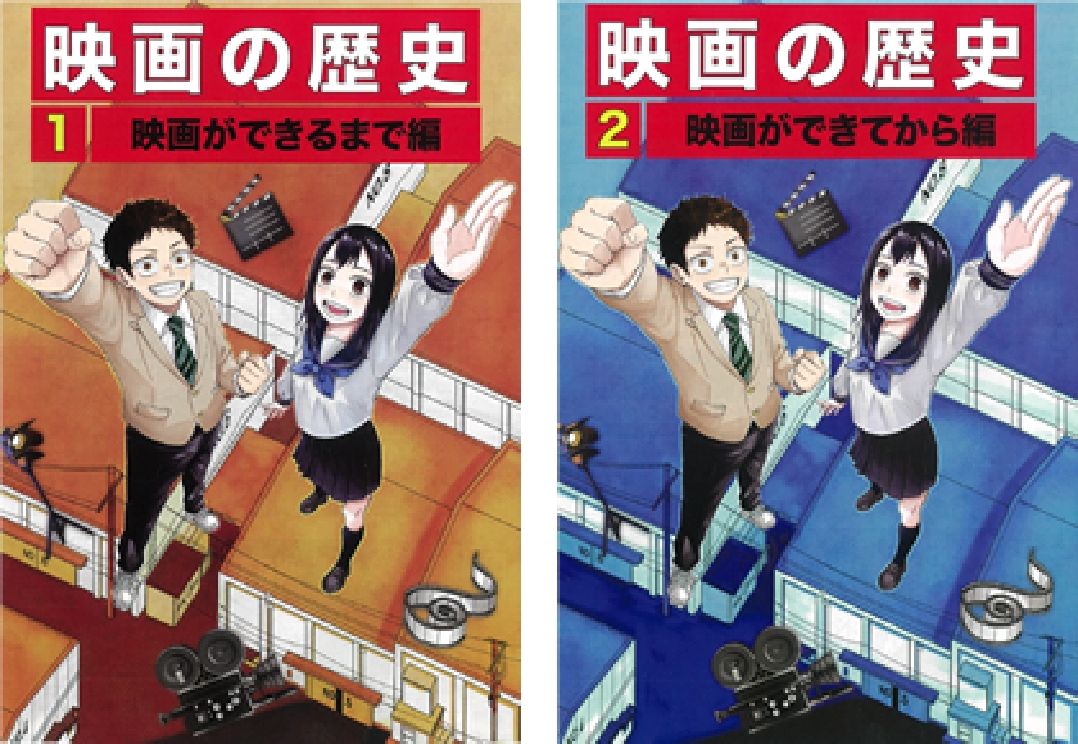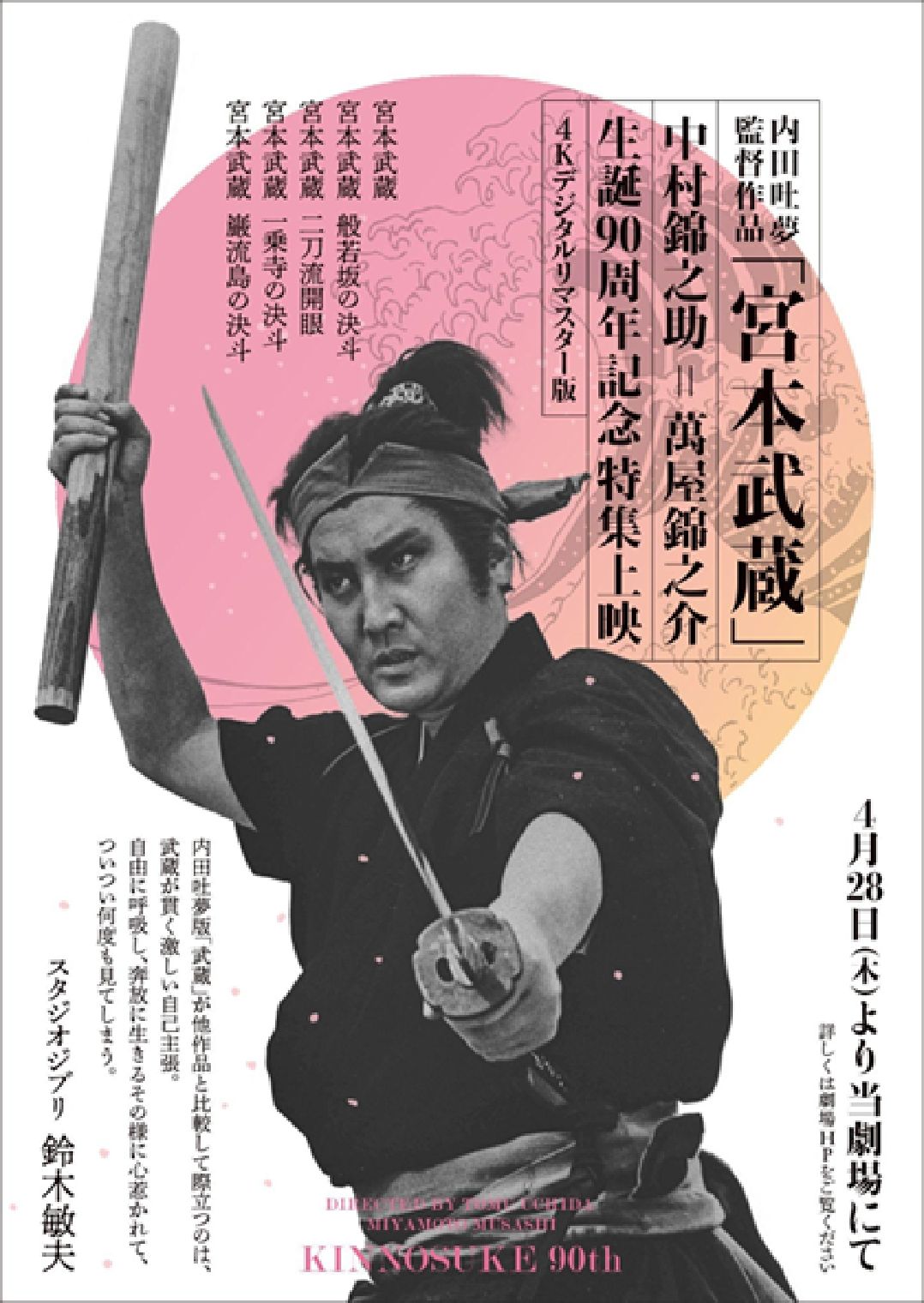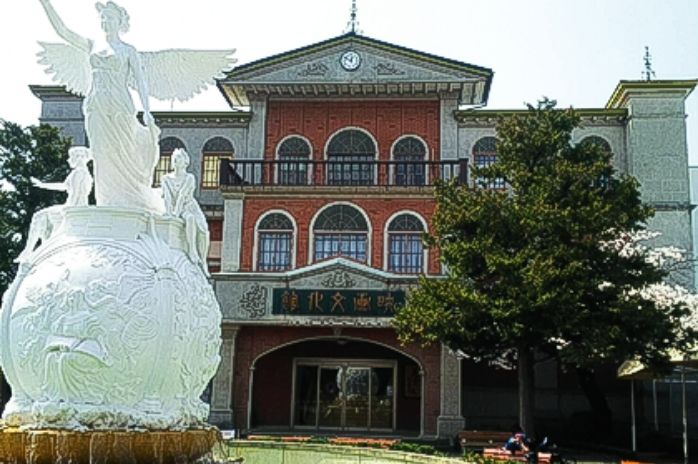Society
Respect for human rights
We recognise the importance of respecting human rights in developing and continuing our business operations, and believe that it is a responsibility of every company.
Improving the working environment
For Toei Group employees to work with happiness and peace of mind
Toei BRAVE Declaration — Introductory chapter: Making a big wave in diversity! —
Initiatives for working styles at video production sites
Social contribution activities
Mobile screenings in areas with no cinema facilities
Barrier-free screenings (accessibility for people with disabilities)
TOEI Kyoto Studio Park School Trip and Field Trip Programs
Initiatives to produce educational videos
Initiatives to produce educational videos
Based on the philosophy that it is essential to create a harmonious and inclusive society in which people mutually recognize and make use of each other's values for sustainable social and economic growth, we are focusing our efforts into video production that cuts sharply into issues we face today such as human rights awareness, including respect for diversity and preventing harassment, as well as the environment and welfare. In addition to teaching materials, we also produce movies on the theme of human rights issues for theatrical release.
Reference link:
Movie "Hakai"
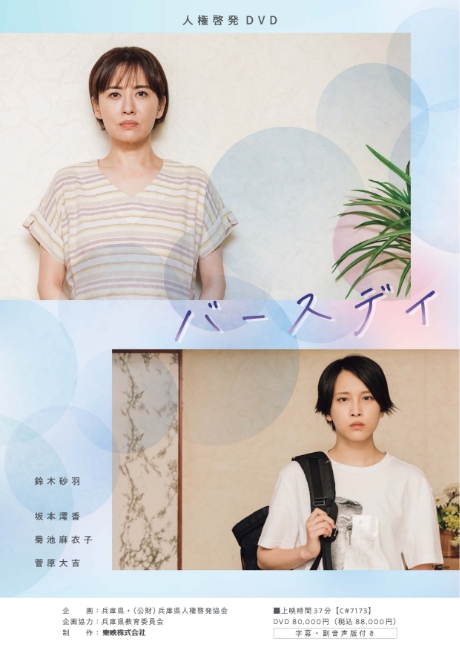
“Birthday” is a human rights awareness drama about sexual minorities.
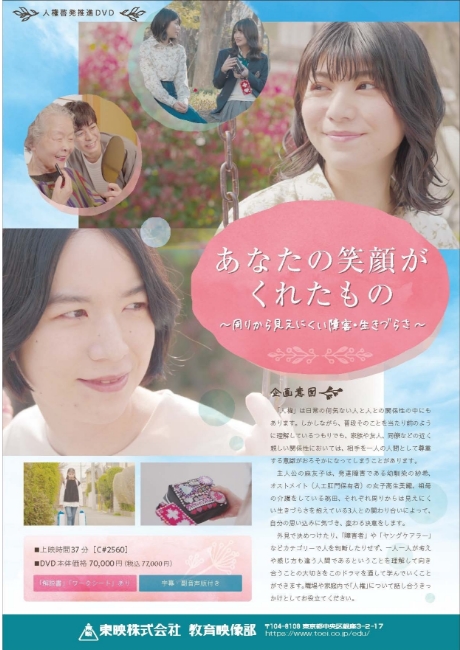
Teaching material that can be used for human rights learning and training “What your smile gave me”
Propelling local communities into the future
Natural disasters are currently increasing in frequency. While it may not be possible to prevent the disasters themselves, with the right knowledge, we can minimize the damage they cause. By promoting education and awareness, it may also be possible to reduce the number of traffic accidents and crimes that occur in our society. In order to carry precious lives into the future, we continue to produce videos for community education on topics such as disaster readiness, crime prevention, and traffic safety, while constantly updating them with the latest information.
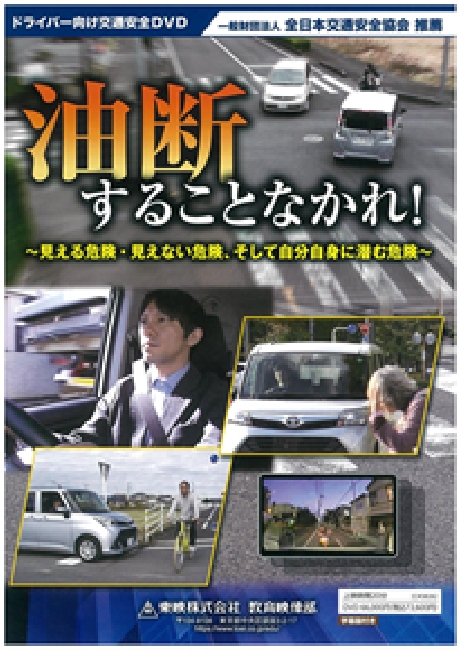
Traffic safety teaching materials
“Don’t let your guard down!”
“Don’t let your guard down!”
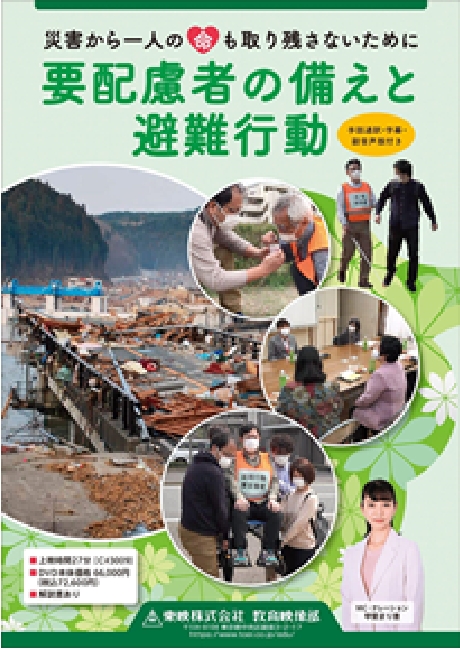
Disaster prevention teaching materials
“Preparation and evacuation actions for persons requiring special consideration”
“Preparation and evacuation actions for persons requiring special consideration”
Inheritance and Effective Use of Video Assets
©TOEI

